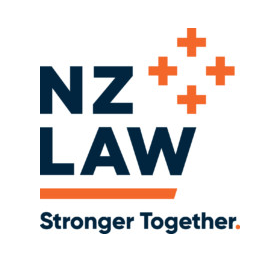Conferences
Details of papers we have presented at conferences, seminars, and webinars from 2009 to the present.
NZLS Property Law Conference ~ May 2026
See more
Death and Blended Families Seminar ~ March 2026
See more
This seminar will cover the spectrum of death in relation to blended families. It will start by considering the Court of Appeal decision in Rimmer v Wilton which has considerable implications for estate planning and administration whenever a couple has a contracting out agreement. It will then address estate planning, including the intersection between will-drafting, property ownership, relationship property agreements, and trusts. Finally, it will look at estate administration in the context of a blended family, including executor obligations, conflicts of interest, dealing with relationship property agreements, and avoiding common pitfalls that can put lawyers in the firing line.
CPD Day ~ February 2026
See more
Kevin’s presentation will focus on recent developments including the increase in the threshold amount (above which letters of administration are required), particular difficulties and litigation which intestacies can give rise to, and the effects of the decision in Rimmer v Wilton on estate planning.
